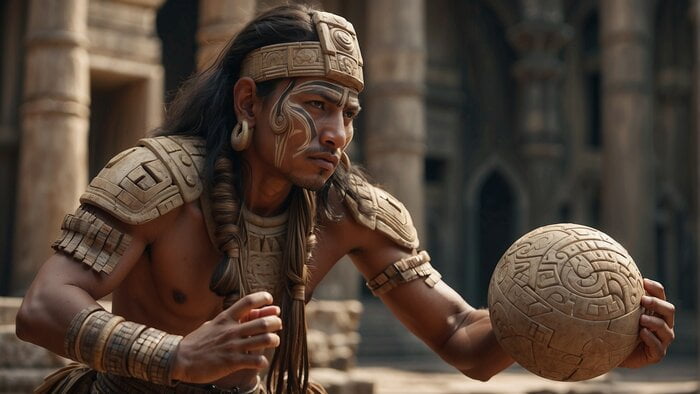Roman history is very extensive and covers a period from the mythical founding of Rome in 753 BC to the fall of the Western Roman Empire in 476 AD. The following is a tour of the most prominent periods and events in Roman history.
Roman Monarchy (c. 753 B.C. – c. 509 B.C.)
- Foundation of Rome (753 BC): According to legend, Rome was founded by Romulus and Remus, who were raised by a she-wolf.
- Legendary Kings: Seven kings reportedly ruled Rome during this period, culminating with the expulsion of the last king, Tarquinius the Superb.
Roman Republic (c. 509 B.C. – 27 B.C.)
- Establishment of the Republic: The Romans established a republic with two consuls as leaders and a Senate to guide state policy.
- Expansion and Conflict: Rome expanded its territory by fighting against its neighbors, such as the Etruscans and Carthaginians (Punic Wars).
- Crisis of the Republic: Internal conflicts, such as struggles between patricians and plebeians, and civil wars weakened the republican structure.
Roman Empire (27 B.C. – 476 A.D.)
- Augustus and the Principate: Octavian, adopted by Julius Caesar, became the first Roman emperor, Augustus, marking the beginning of the Empire.
- Pax Romana (27 BC – 180 AD): A long period of relative peace and stability throughout the empire, with territorial expansion and cultural flourishing.
- Crisis of the 3rd century: Internal conflicts, barbarian invasions and economic problems shook the stability of the empire.
- Division of the Empire: Diocletian divided the empire into East and West to facilitate his government.
- Constantine and Christianity: Constantine the Great adopted Christianity, which eventually became the official religion of the empire.
- Fall of the Western Roman Empire (476 AD): Overrun by Germanic tribes, the Western Roman Empire fell, while the Eastern Roman Empire (Byzantium) continued for almost a thousand more years.
Legacy
- Roman law: Roman laws form the basis of many modern legal systems.
- Architecture and Engineering: Innovations such as the arch, the aqueduct, and concrete are fundamental in the history of architecture.
- Literature and Philosophy: Works by authors such as Virgil, Ovid, and philosophers such as Seneca and Marcus Aurelius continue to be studied and appreciated.
- Language: Latin, the language of Rome, is the forerunner of the Romance languages and has influenced many scientific and legal terms.
Roman history is a narrative of rise, rule, and fall, and its legacy continues to impact the modern world in multiple areas such as government, law, architecture, and language.


